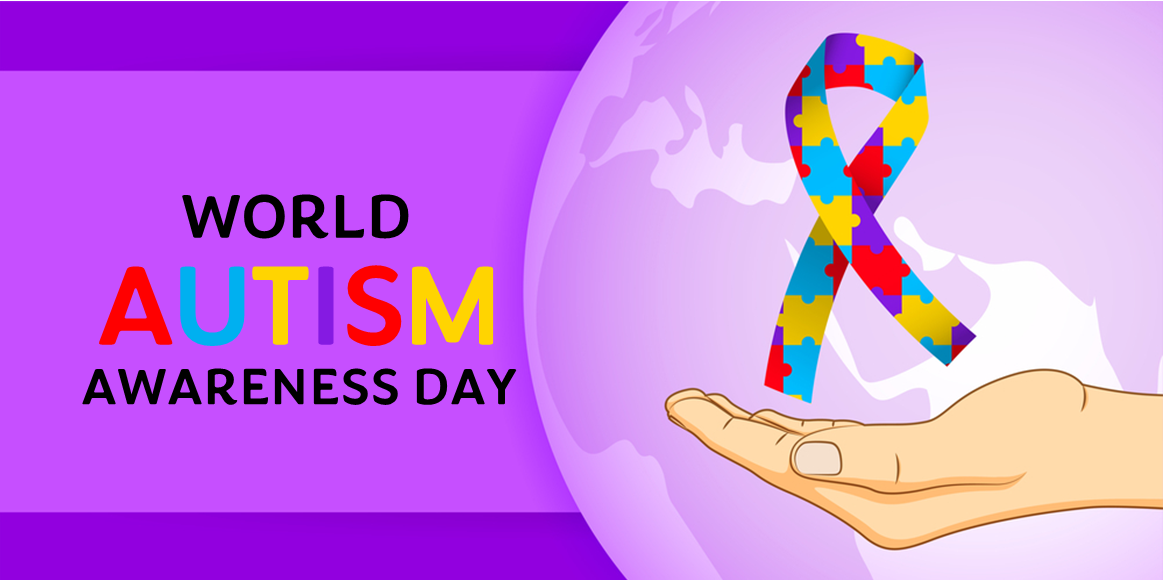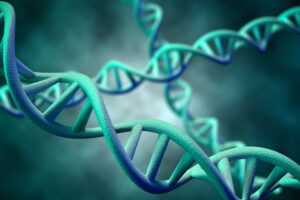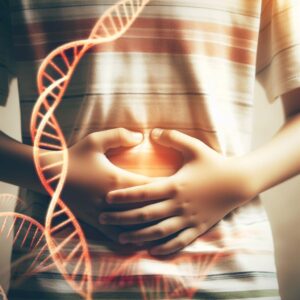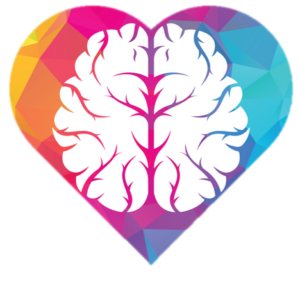April 2, 2025

“Autism is not a disability, it’s a different ability.” – Stuart Duncan
Today we celebrate the unique and valuable ways autistic individuals contribute to a diverse and thriving society. Their creativity, focus, and unique perspectives enrich fields ranging from technology to the arts and sciences. Neurodiverse teams can outperform others in problem-solving by up to 30%, thanks to exceptional pattern recognition and innovative thinking. Figures like Dr. Temple Grandin and artist Stephen Wiltshire, exemplify how embracing neurodiversity benefits society as a whole.
However, many autistic individuals face significant challenges that impact their daily lives. Communication differences, sensory sensitivities, and co-occurring health conditions like epilepsy or chronic digestive issues can be overwhelming and debilitating. These challenges are often compounded by systemic barriers in healthcare and support systems. By understanding the genetic underpinnings of these specific health and communication difficulties, researchers are working toward solutions that respect neurodiversity while addressing the most pressing needs of autistic individuals. In this article we explore how recent advances in autism genetics are paving the way for more personalized and compassionate support.

Autism is highly heritable, with approximately 80% of cases linked to inherited genetic factors. The remaining cases often result from de novo mutations—spontaneous genetic changes not present in either parent. Research has shown that inherited mutations play a larger role in families with multiple autistic children (multiplex families), while de novo mutations are more common in families with only one autistic child (simplex families).
The SFARI Gene database has identified over 1400 ASD (Autism spectrum disorders) candidate genes linked to autism susceptibility. Large-scale genomic studies such as those led by the Autism Sequencing Consortium, are advancing our understanding of how these genes influence both positive traits and challenges associated with autism. Importantly, scientific progress must respect neurodiversity rather than framing autism as something to be “fixed.” By focusing on addressing specific health needs while celebrating autistic strengths, researchers can ensure that genetic discoveries empower individuals rather than diminish their identities.
 Communication: Genes That Shape Language Pathways
Communication: Genes That Shape Language PathwaysDr. Daniel Geschwind’s team at the UCLA Center for Autism Research and Treatment (CART) has made significant strides in understanding autism’s genetic basis. In 2023, his lab published a landmark study that examined the genetics of over 1,000 families with multiple autistic children. Their work identified mutations in seven key genes (PLEKHA8, PRR25, FBXL13, VPS54, SLFN5, SNCAIP, and TGM1) that are associated with autism risk, many influencing social dysfunction and language development. The study revealed that children with language delays often inherit a combination of rare mutations alongside small, common genetic variations (polygenic scores or PGS) from their parents. While these common variations have minor individual effects, together they increase autism risk.
Interestingly, parents who carry these rare mutations may not exhibit autism traits themselves if they lack the additional PGS variations needed to reach a “tipping point.” This research underscores that language delays may be a core biological feature of ASD for many individuals.

Up to 60% of autistic individuals experience gastrointestinal (GI) issues like chronic constipation, diarrhea, or abdominal pain. While gut dysbiosis is often implicated, genetic mutations also play a significant role. The UTMOST Study (2021) combined genetic data with an analysis of gene expression in specific tissues and identified four gene variants (NKX2-2, MANBA, ERI1, and MITF) that may be implicated in gastrointestinal issues associated with ASD. Here is how these genes may influence gut function:
These findings highlight how genetic research can inform targeted therapies for GI distress in autistic individuals.

Boys are diagnosed with autism at a rate of 4:1 compared to girls. However, research shows that autistic girls often carry a higher rate of rare damaging mutations, and face higher risks for co-occurring cognitive or motor difficulties. A study analyzing 47,061 individuals from two large autism cohorts found evidence of a “female protective effect” where girls are less impacted by certain mutations, despite carrying them.
Recent findings from The Hospital for Sick Children (SickKids) identified variants in the maternal X-linked gene DDX53, which may contribute to the higher prevalence in males. This gene influences cellular processes critical for brain development and was found to harbor additional rare damaging variations across multiple participants.
Between 12% and 17% of autistic individuals experience epilepsy – a condition more common among females with co-occurring cognitive impairment. Genetic studies have identified several genes linked to both epilepsy and autism, including:
These genetic insights are advancing therapies such as sodium-channel blockers for SCN2A-related epilepsy and gene therapy for SHANK3 mutations, while also shaping early intervention strategies tailored to developmental timing.

Autism Speaks recommends that anyone with an ASD diagnosis get genetic testing and encourages participants to support genetic research through the SPARK initiative. As genetic research accelerates, advocates stress that findings should empower—not pathologize—autistic individuals. The goal of advancing genetic research is to address debilitating effects while preserving neurodiversity. Focusing on these three key areas, genetic research can have a meaningful impact:
The first human trial is underway. Jaguar Gene Therapy is testing SHANK3 gene replacement therapy for individuals with SHANK3 haploinsufficiency. If effective, this therapy could be game-changing for those individuals with this rare genetic mutation.
Scientific advances have deepened our understanding of autism’s genetic complexity; however, researchers caution against oversimplification. Autism arises from the interactions of hundreds of genes and is shaped by environmental factors and epigenetics.
hundreds of genes and is shaped by environmental factors and epigenetics.
On this World Autism Awareness Day 2025, the message is clear: genetics should be used not to “solve” autism but to support individual needs while valuing each person’s unique mind. By combining science with compassion, we can ensure that autistic individuals thrive in ways that honor their identity and their unique contributions to society.